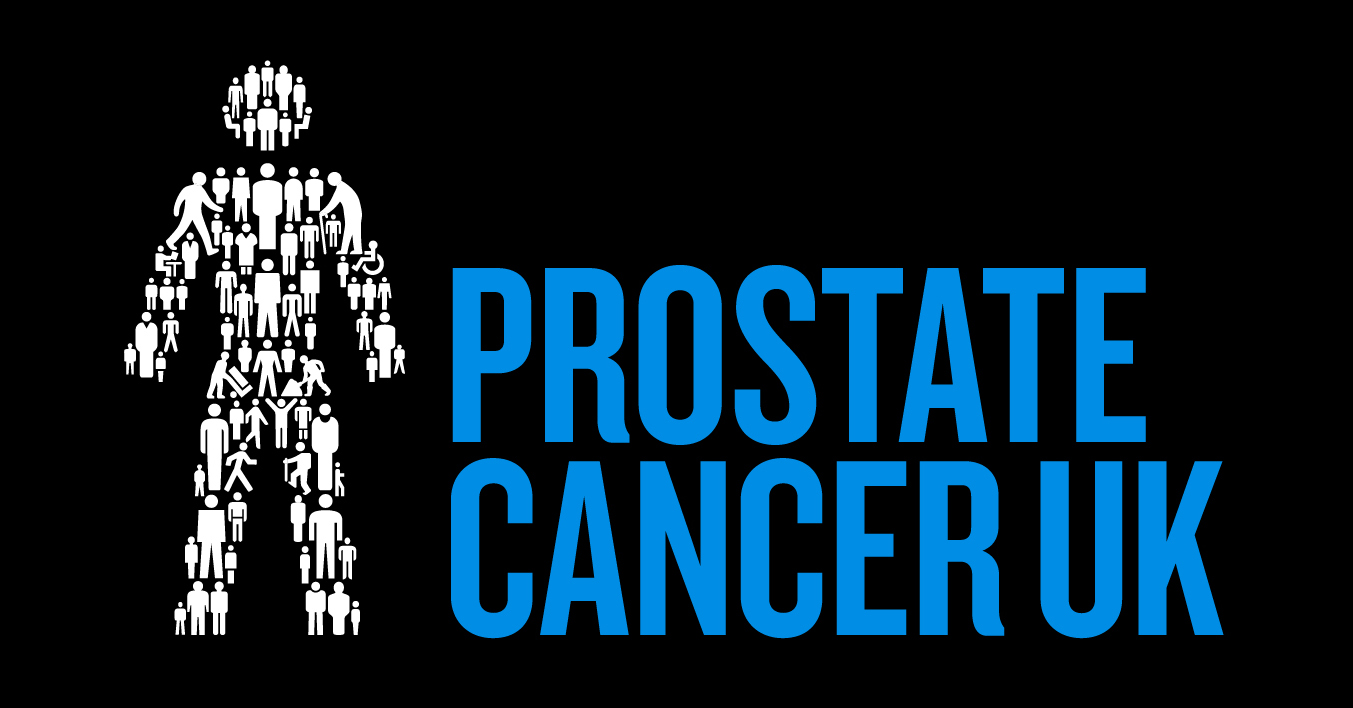If for any unfortunate reason your club is forced to close for more than 30 consecutive days, it is imperative that you inform your insurance broker as your policy wording might be affected – failure to do so, might render you vulnerable in the event of a claim.
Whether it is through sale or whilst you move in to alternative premises, unoccupied buildings can prove attractive to squatters or juveniles intent on harm. If precautions are not taken, clubs might find they have been the victim of unwanted trespassers, petty crime or structural damage.
Club Insure highlight the following key areas of concern for unoccupied buildings and offer solutions to the risk:
Fire
- Remove combustible unfixed contents or waste from inside and outside of the buildings
- Drain and isolate flammable liquid storage tanks and ensure that these can’t be accessed
- Remove liquefied petroleum gas (LPG) cylinders and portable heaters from the site
- Ensure the fire alarms and sprinklers are in good working order and remain operational
- Ensure all ground floor windows and letterboxes are securely boarded over
Water
- Disconnect utilities at the perimeter of the building
- Drain water tanks, pipes and apparatus except those used for the sprinkler system
- Protect sprinkler pipes from freezing and clean any storm water drainage and gutters
Theft
Copper and lead are traditionally the choice of metal thieves, but scrap metal prices mean that cables, pipes, taps and boilers are also desirable:
- Ensure locks and boundaries are strong and well maintained and that windows and skylights are secured or boarded up
- Check that alarms and security lighting are in good working order
Trespass
Under the Occupiers Liability Act 1984, the unoccupied building’s owner has a duty to take reasonable steps to prevent access to the building and prevent injury to anyone accessing the premises – welcome or unwelcome:
- repair or remove structural defects
- remove hazardous materials from the site, covering and signposting any pits or cellars
Although squatting in residential buildings has been illegal since 2012, the law on commercial premises has not changed. Through experience, Club Insure suggest that well maintained buildings are much less likely to attract attention – weekly internal and external checks are advisable and may ward off any potential danger.
For further information on the above, to speak to one of our experts or to arrange a face to face review call 0344 488 9204.







